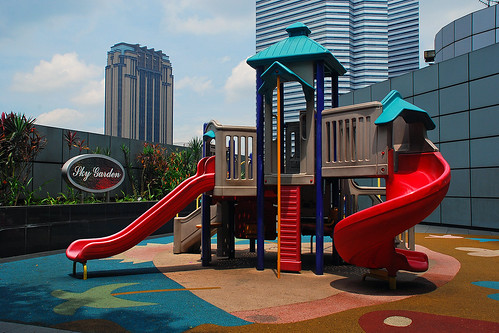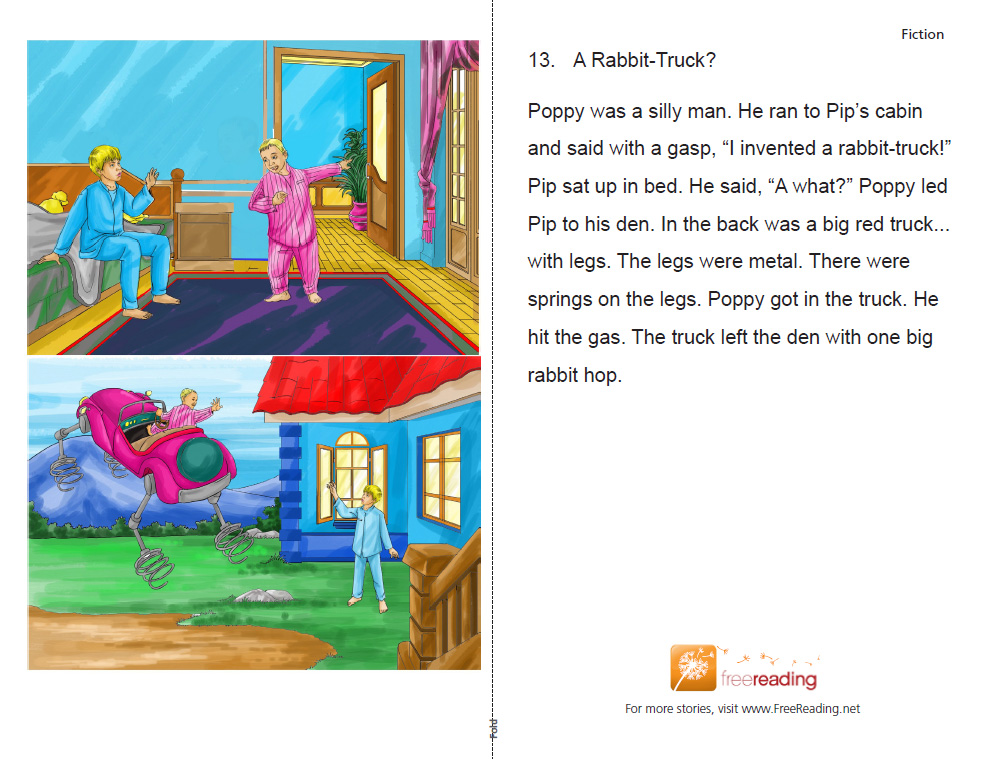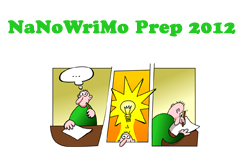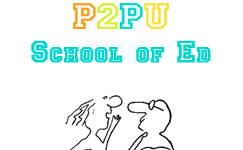I’ve mostly been too consumed with the pilot of the P2PU School of Ed to think much about what comes next, but here are two interesting things that have bubbled to the surface.
First, the idea to remix an open math textbook into an interactive Moodle course (and perhaps more) has been spun off into a whole new P2PU seminar group. This will start Dec. 1 so if you are interested, please join us.
Secondly, we’ve been bouncing around some ideas for different course (learning group?) formats. One idea has been to do some shorter courses that are largely driven by conversation. These groups could have the potential to have a greater number of participants and then might lead to some longer, deeper learning experiences. Possibly project- or challenge-based?
In a conversation with Bud the Teacher the other day, we brainstormed this a bit. Bud suggested the idea of having some smaller groups actually design these projects or challenges — perhaps a sort of online maker faires for teachers.
So how exactly do you assemble a course/group to build something of their own design without first knowing what that thing they are building is?
Perhaps this grows out of one of those shorter, discussion-driven groups, perhaps even a “massive” one (100+ people). So say, as an example, you have a two week group to explore the question — What could a classroom based on something other than a textbook or a canned curriculum look like?
Spend two weeks discussing and exploring and see what grows out of it. Perhaps some small groups coalesce around some ideas or projects, and they spin off into more in-depth attempts to build something together.
What do you think? Sound interesting? Have ideas for other good questions to explore? Want to play along?




